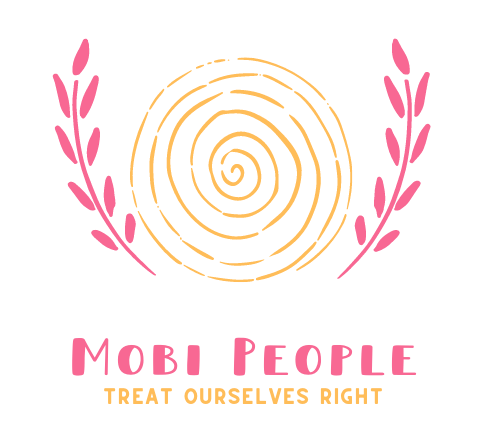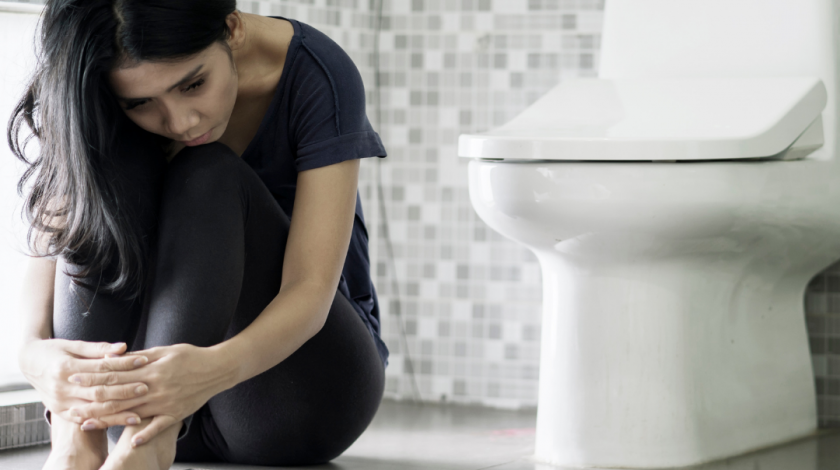Eating disorders are serious mental illnesses that are characterized by an addiction to food and unhealthy eating habits. Eating disorders can have a debilitating effect on an individual’s physical and emotional health and can lead to serious complications, including heart problems, kidney failure, and even death. Therefore, it is important to seek professional help if you or someone you know suffers from an eating disorder.
An eating disorder is a mental illness that can develop to cope with stress or trauma. It is a serious problem that can be deadly if left untreated. Fortunately, you can recover from an eating disorder. Recovery is a process that may take some time, but you can get well and go on to live a healthy, happy life.
Recovering from an Eating Disorder
If you have an eating disorder, you are not alone. As serious health problems that are not well understood by the public, eating disorders have the highest mortality rate of any mental illness. In fact, about 30 per cent of people with anorexia and bulimia die from their eating disorder.
Getting help for eating disorders can get you back on a healthy track. But it can be hard to know where to begin. Here’s how to take your first steps:
- Tell someone about your problem. If you are ready to start recovery from an eating disorder, consider telling a family member or friend about your problem. Or, if you have access to one, speaking to an Eating Disorder Coach Counselor can be a great option. It’s not always easy to talk about, but you might find you feel a little less alone once you get things off your chest. Plus, it’s a great first step towards getting the help and support you need.
- Get the facts. Knowing all the facts about your eating disorder is an important step in getting better. Whether you are a family member, friend, or sufferer of an eating disorder, there are many sources of information available to you. However, some available information is simply not helpful or even harmful.
- Consider treatment. In the process of recovering from an eating disorder, you might come across various treatment options. Well, there’s a lot to consider when it comes to therapy. For some people, medication might be necessary to treat an eating disorder, while others may benefit more from talk therapy. Looking into certified therapy options like the ones offered by https://www.privatetherapy.com/about/online-therapy/ could prove helpful. However, there are times when a combination of both works best. Irrespective of the treatment you choose, the important thing is to find a plan that works for you and your needs.
- Get the help you need. It may be difficult to take this step, in part because you may feel that you’re the only one struggling with an eating disorder. But you’re not. One out of every three people you know struggles with an eating disorder, and as many as 10 million women and 1 million men have one. It’s time to stop being so private about your problem and enroll in one of those eating disorder counselling sessions to help you out.
- Stick to it! As difficult as it might be, after you have started recovering from an eating disorder, you have to stick to the chosen treatment option. Any other actions could slow the progress or require you to start the recovery process all over again. Since eating disorder treatment can range from psychotherapy to group meetings to holistic therapies, you should try to find the treatment option that works best for you. Don’t worry about the time needed to get better, as your primary focus should be on getting better. If you don’t stick to your treatment plan, you may never recover from your eating disorder.
One of the most common questions people ask after being diagnosed with anorexia, bulimia, or another eating disorder is, “How do I start recovering?” Eating disorders have the highest mortality rate of any mental illness, so it’s natural to want to get better as soon as possible. But it’s important to know that recovery is a process that takes time. It’s also important to know that you can recover because many people do.


